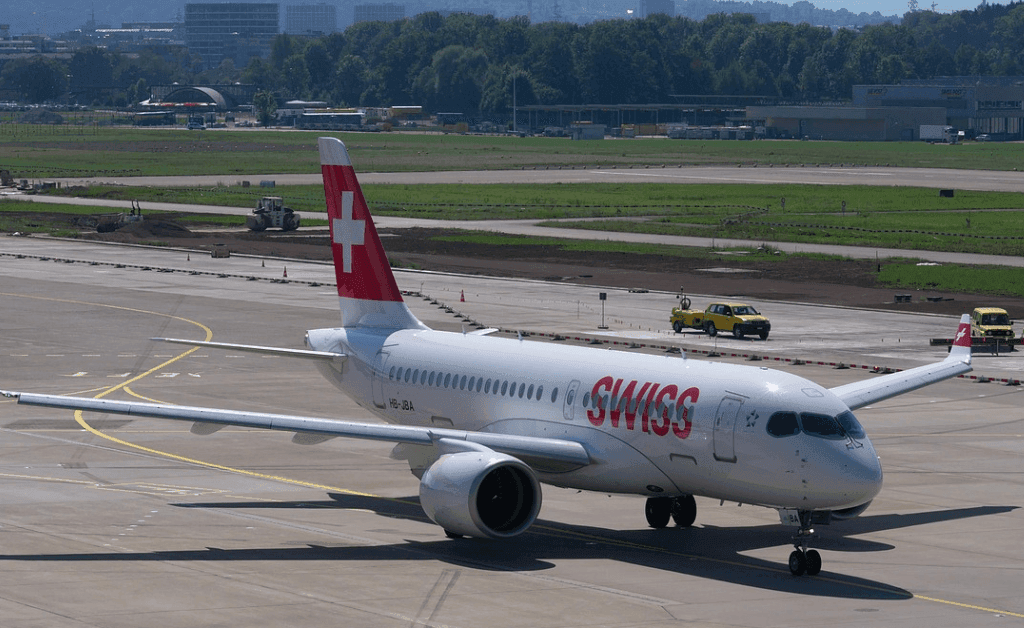Switzerland is famous for its stunning landscapes, high quality of life, and… high costs. Whether you’re planning to relocate, study, or simply travel for a few months, it’s important to understand how much everyday life will cost in 2025.
In this guide, we’ll break down the average cost of living in Switzerland — including housing, food, transportation, healthcare, and leisure — so you can budget realistically.
Why Is Switzerland So Expensive?
- Strong Swiss Franc (CHF) – one of the most stable currencies in the world
- High salaries – average wages are among the highest globally
- Quality of services – public transport, infrastructure, and healthcare are top-class
- Import costs – much of the food and goods are imported
👉 The upside: while Switzerland is expensive, salaries and social services are designed to balance it out for residents. For travelers, smart planning can reduce costs significantly.
Housing Costs in 2025
Housing is usually the biggest monthly expense. Prices vary by city: Zurich and Geneva are the most expensive, while smaller towns are more affordable.
Average monthly rent (2025):
- 1-bedroom apartment in city center: CHF 1,600 – 2,500
- 1-bedroom apartment outside center: CHF 1,200 – 1,800
- 3-bedroom family apartment in city: CHF 3,000 – 4,500
💡 Tip: Many expats choose to live just outside major cities and commute with Switzerland’s excellent train network to save on rent.
Food and Groceries
Eating out in Switzerland can be costly, but groceries are more manageable if you shop smart.
Average grocery prices (2025):
- Bread (500g): CHF 2.50
- Milk (1L): CHF 1.70
- Eggs (12): CHF 5.00
- Chicken breast (1kg): CHF 28.00
- Apples (1kg): CHF 3.80
- Domestic beer (0.5L): CHF 2.20
Dining out (2025):
- Inexpensive restaurant meal: CHF 20 – 30
- Mid-range 3-course dinner for two: CHF 100 – 150
- McDonald’s combo: CHF 15 – 17
💡 Tip for travelers: Coop and Migros supermarkets offer affordable “ready meals” — a great alternative to restaurants.
Transportation Costs
Switzerland’s public transport is world-class but not cheap. Many residents and travelers rely on passes to save money.
Average transport costs (2025):
- Monthly public transport pass (city): CHF 80 – 120
- One-way ticket (local transport): CHF 3 – 5
- Taxi start fare: CHF 6 – 8 + CHF 3/km
- Petrol: ~CHF 1.90/L
Train travel (2025):
- Zurich – Geneva (2nd class): ~CHF 95 one way
- Swiss Travel Pass (unlimited travel): from CHF 244 (3 days)
- Swiss Half Fare Card: CHF 120/month (50% off almost all tickets)
Healthcare and Insurance
Health insurance is mandatory in Switzerland and can be costly for expats.
Average monthly insurance premiums (2025):
- Adults: CHF 300 – 450 (basic coverage)
- Children: CHF 100 – 150
- Deductibles and extra costs vary depending on the plan
💡 Tip: Compare insurance providers before moving. Premiums differ by canton and coverage level.
Leisure and Lifestyle Costs
Switzerland offers a high quality of life, but leisure activities add up.
Average costs (2025):
- Cinema ticket: CHF 18 – 20
- Fitness club monthly fee: CHF 70 – 120
- Beer at a bar (0.5L): CHF 7 – 9
- Cappuccino: CHF 4.50 – 6.00
- Ski pass (day ticket, major resort): CHF 70 – 90
Cost of Living Table 2025
| Category | Monthly Cost (Single) | Monthly Cost (Family of 4) |
|---|---|---|
| Rent (Apartment) | CHF 1,600 – 2,500 | CHF 3,000 – 4,500 |
| Utilities | CHF 200 – 300 | CHF 350 – 500 |
| Groceries | CHF 400 – 600 | CHF 1,200 – 1,500 |
| Transport | CHF 100 – 200 | CHF 300 – 500 |
| Health Insurance | CHF 300 – 450 | CHF 800 – 1,200 |
| Leisure/Misc | CHF 300 – 500 | CHF 600 – 1,000 |
| Total | CHF 2,900 – 4,500 | CHF 6,800 – 9,200 |
How Does Switzerland Compare to Other Countries?
- 30–50% higher than Germany, France, or Italy for most everyday costs
- Housing costs are similar to London or New York
- Groceries are about 20–30% more expensive than neighboring EU countries
- Salaries are significantly higher, balancing out costs for residents
Tips to Reduce Costs
- Live outside city centers and commute
- Use discount supermarket chains like Denner and Aldi
- Get a Half Fare Card or Saver Day Pass for trains
- Cook at home instead of dining out
- Take advantage of free outdoor activities (hiking, lakes, mountains)
Conclusion
The cost of living in Switzerland in 2025 is undeniably high, especially for housing, dining, and healthcare. But with smart planning, expats and travelers can keep expenses under control.
- Expats benefit from high salaries that offset the higher costs.
- Travelers can save money with rail passes, budget meals, and smart accommodation choices.
Despite the price tag, most people agree: the quality of life in Switzerland is worth it.



Pingback: Best Hotels in Zurich: Top Picks for Your Stay